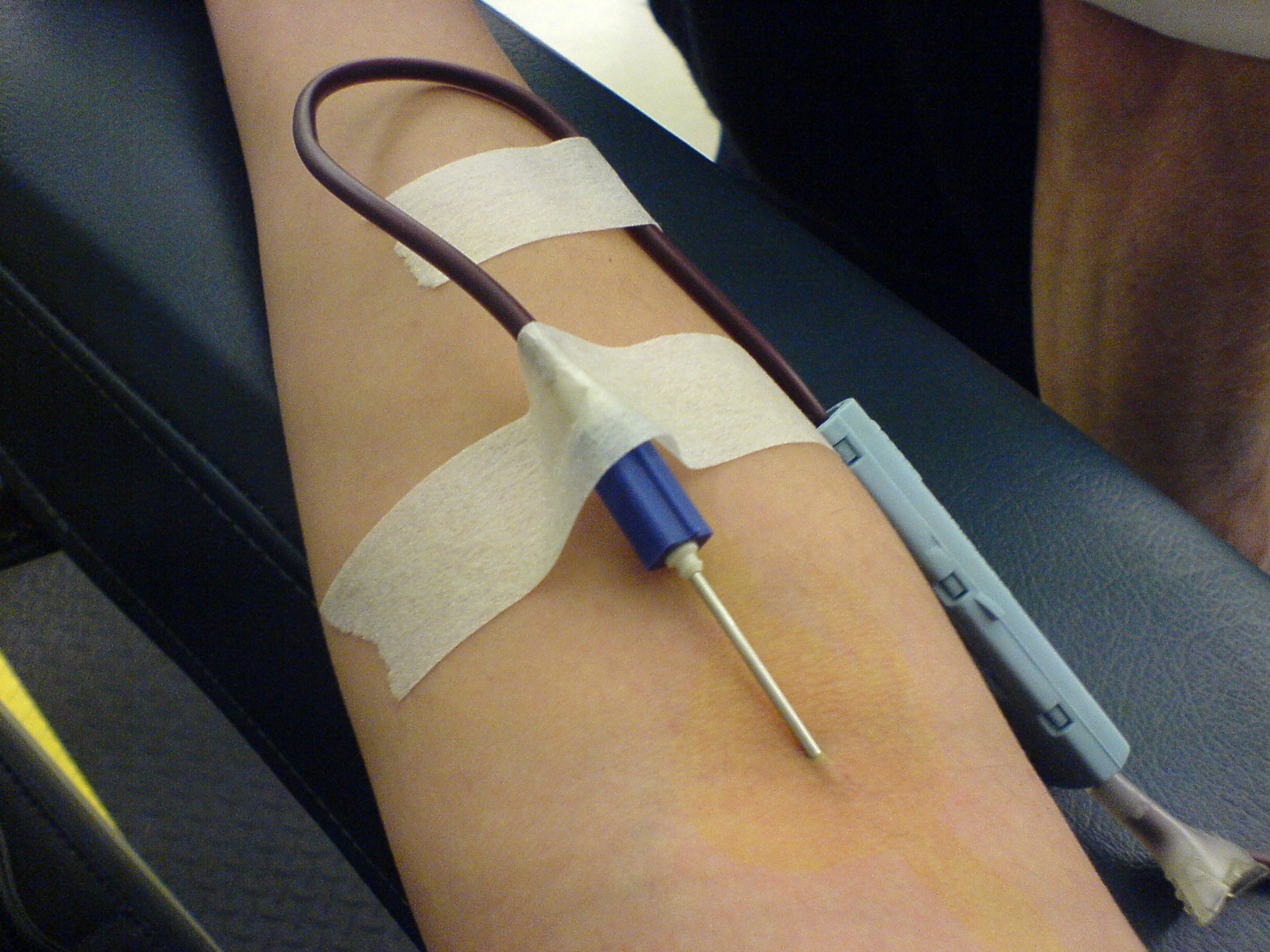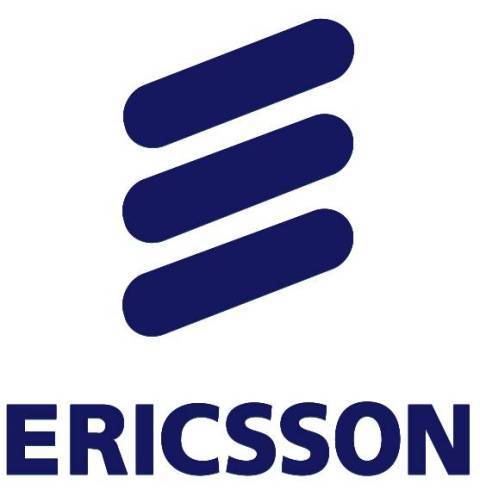 Technology has played an integral role in shaping the medical field over the years. From providing information about every disease or injury to providing access to volumes of medical literature to doctors and cutting edge surgery equipment far more accurate than any human doctor, the impact that technology and innovation has had in the medical field cannot be over emphasized.
Technology has played an integral role in shaping the medical field over the years. From providing information about every disease or injury to providing access to volumes of medical literature to doctors and cutting edge surgery equipment far more accurate than any human doctor, the impact that technology and innovation has had in the medical field cannot be over emphasized.
While most medical procedures and information are widely available online for people, certain processes are still limited to the more ‘traditional’ procedures. Blood donation is one such process. Though scientific knowledge of blood and hematology has increased exponentially since the first blood banks opened at the turn of the century, the donor experience of giving blood hasn’t changed all that much since the 1950s.
Yet with the increased number of accidents and disasters the need for the blood and blood products is on the rise. Creating an integrated approach to blood donation through technology is on demand and this led Samar Ali from Egypt, the founder of Faselty, to develop an application that would connect Hospitals and Blood Banks to help receive the required different types of blood and hopefully balance inventory levels.
Faselty, which in Arabic means, “My Blood Type”, was founded in 2012 and will cover Cairo as first phase of the ambitious plan.
“Faselty will be connecting donors and guiding them to the nearest point of donation that is in need for her/his blood type to encourage donors donating blood on a regular basis to spread the idea between their circles,” said Samar.
Samar believes that Faselty will increase the knowledge about the importance of blood donations on a regular basis.
Faselty has a mobile app also receiving patients’ emergency blood requests and locate the nearest point for the blood they need. This application will officially launch At DEMO Africa in October.
According to the World Health Organization, an adequate supply can only be assured through regular donations by voluntary unpaid blood donors. WHO’s goal is for all countries to obtain all their blood supplies from voluntary unpaid donors by 2020. Today, in just 60 countries, national blood supplies are based on close to 100% voluntary unpaid blood donations, with 40 countries still dependent on family donors and even paid donors.


